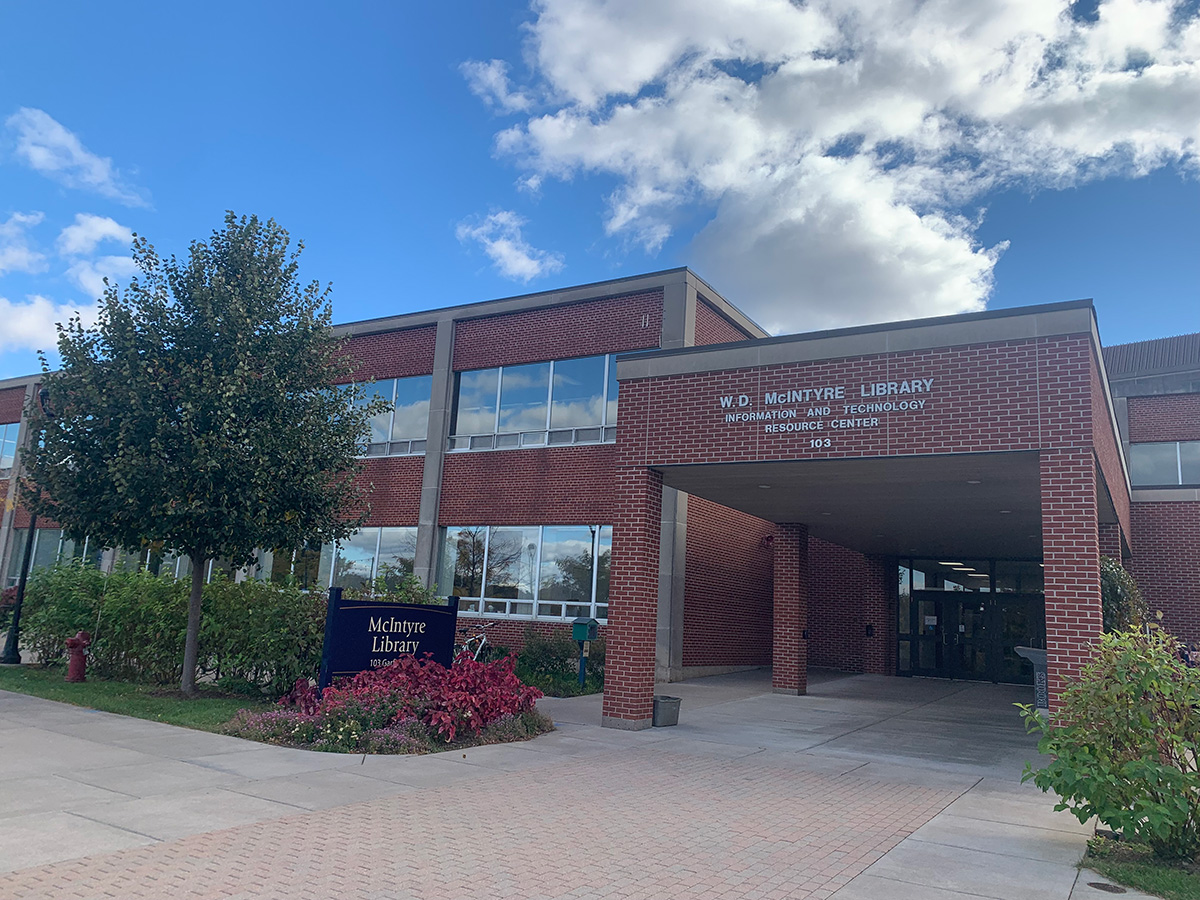When freshman Mitchell Lemons woke up at 7 a.m. last Tuesday, he checked UW-Eau Claire’s D2L homepage and found out early morning classes had been canceled due to icy conditions. Lemons did not have class until 11 a.m., but said the notification got his hopes up.
“I’m not going to lie, I did a little bit,” Lemons said of thinking about having a full day off after seeing the message.
Instead, classes resumed as scheduled at 9:30 a.m.
That morning, as unusual as it was, sits in line with the university’s inclement weather policy. Assistant Chancellor for Facilities and University Relations Mike Rindo said Eau Claire’s main goal is to avoid full-day closures if at all possible.
“That can really throw off the class and lab schedule for faculty and students,” Rindo said of closing campus for a full day. “We make the determination based on what the conditions are as they change.”
Rindo said the chancellor has final say in all decisions regarding canceling classes due to weather. All UW system schools have authority over their individual campuses, and only the governor has the authority to close all system campuses.
Rindo said heavy snowfall is more concerning to the university than very cold temperatures and high wind chill. But the greatest concern when it comes to inclement winter weather is an ice event, like the one that occurred last Tuesday. Rindo said those can be the hardest to forecast and get a feel for the conditions of the roads and sidewalks.
A new part of the inclement weather policy on campus is the use of the emergency notification system. Associate Vice Chancellor for Academic Affairs Mike Wick serves as the chair of the emergency communication team, a subgroup of Eau Claire’s Emergency Preparedness Committee.
Wick said last Tuesday was the first time the system was used during a weather event. Wick and his team decided to use all available technology to relay information to students, including notifying by phone those students who had signed up for a program called e2campus.
“It seemed that at least the use of cell phones and email would be the way to reach the most students quickly,” Wick said.
Rindo said making blanket decisions for all UW system schools would be problematic because of different challenges at each university. Rindo specifically pointed to UW-Milwaukee, a school in the largest city in the state with a high number of commuter students who travel a longer distance to campus.
Milwaukee’s Associate Vice Chancellor of Facilities Planning and Management Geoff Hurtado said it is Milwaukee’s policy to announce class cancellations at least two hours before the start of classes.
Hurtado said Milwaukee has a weather center on campus, which means it gets up-to-the-minute weather information.
“We have people on staff who actually (track storms),” Hurtado said. “We can usually see the storms coming in with adequate time.”
As for Eau Claire students like Lemons who were hoping for a day off last week, Rindo said he could only recall two full-day closures during his 12 years at Eau Claire, one of them mandated by the governor. But Lemons said he was unhappy with having his classes held while others were canceled.
“It was still extremely cold the rest of the day,” Lemons said. “I can see why they did it, but I really don’t particularly like that they did it.”
Rindo and Wick both said campus officials make a concerted effort to alert students as soon as possible about weather conditions and class schedules on particularly snowy or icy days.
But as history has proven, students should expect to strap on their boots and gloves and come to school in almost all wintry situations.






